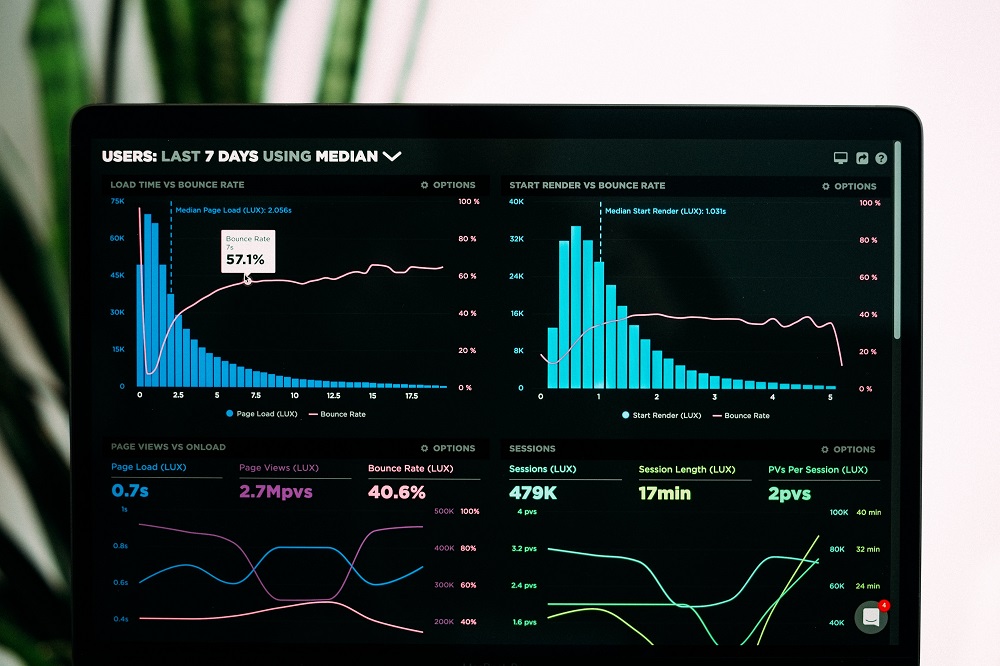What is Backlink and how to create it?
A backlink, also known as an “inbound link” or “incoming link,” is a hyperlink on a website that leads to another website. In other words, it’s a link that points to your website from another website. Backlinks are an important factor in search engine optimization (SEO) because they can help increase your website’s visibility and authority.
Here are a few ways to create backlinks:
- Guest blogging: You can write a guest post for another website in your niche and include a link back to your website in the post or author bio.
- Broken link building: You can find broken links on other websites and offer to replace them with a link to your website.
- Directory submission: You can submit your website to relevant directories in your niche.
- Social media: You can share your content on social media platforms and include a link to your website.
- Influencer outreach: You can reach out to influencers in your niche and ask them to link to your website in their content.
- Content creation: You can create high-quality content that other websites will want to link to.
It’s important to note that the quality of the backlinks is more important than the quantity. Backlinks from reputable and authoritative websites in your niche will have a greater impact on your website’s SEO than low-quality or spammy backlinks. Therefore, it’s important to focus on creating high-quality backlinks rather than simply trying to generate as many backlinks as possible.


